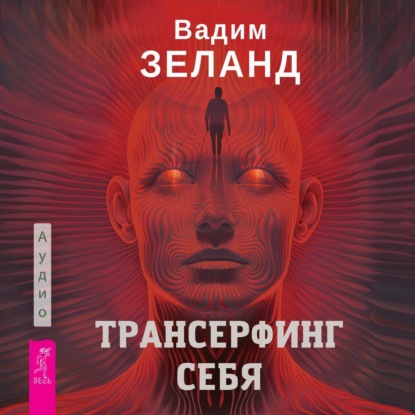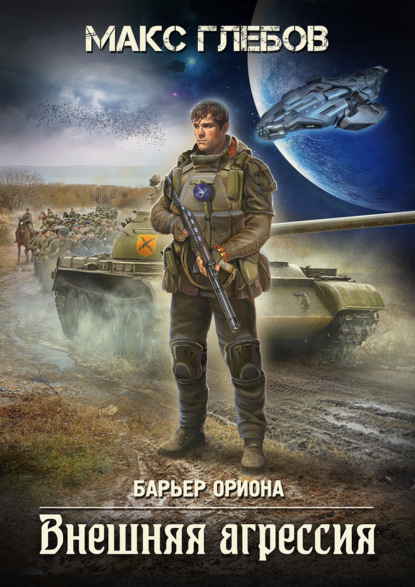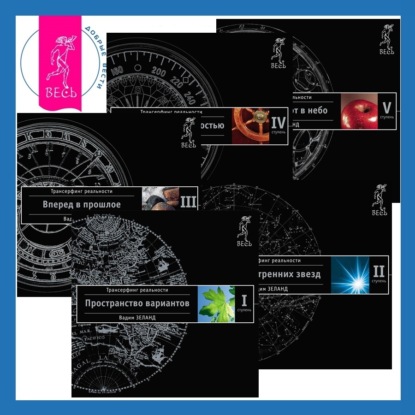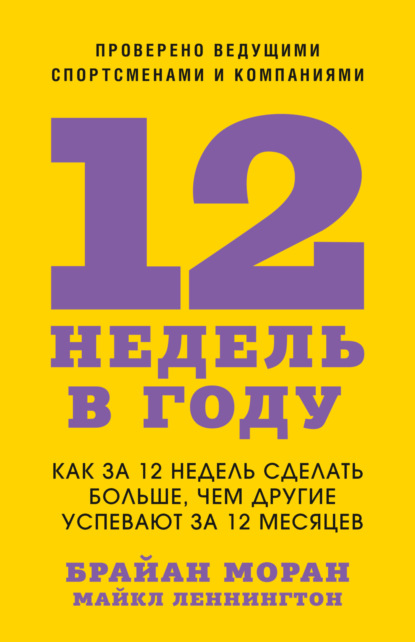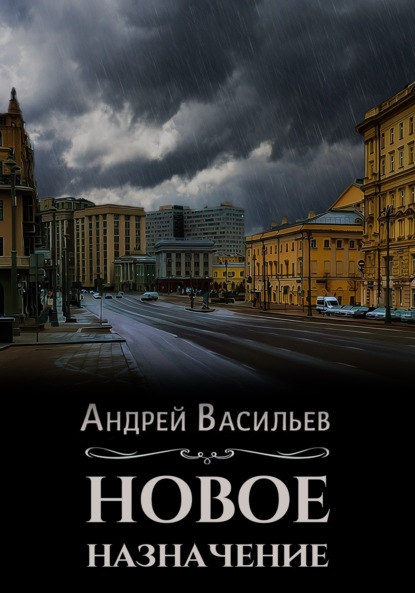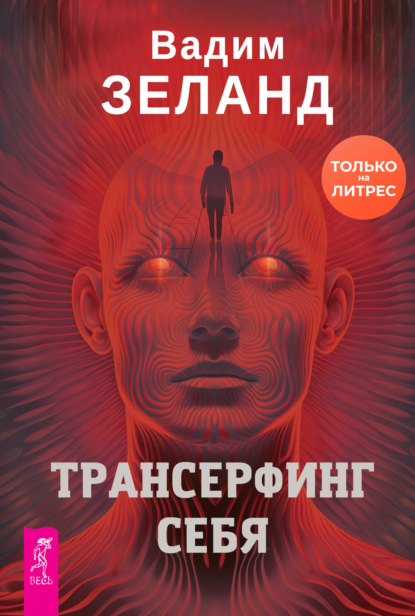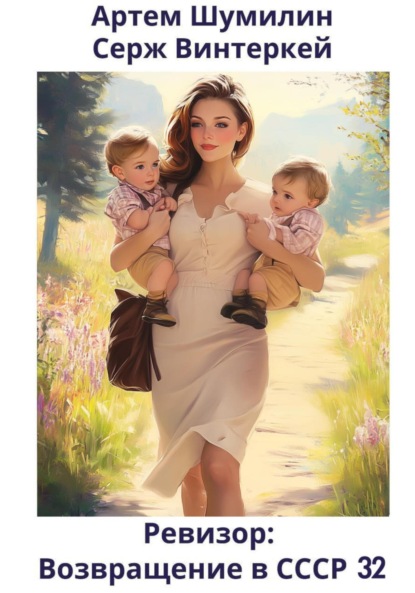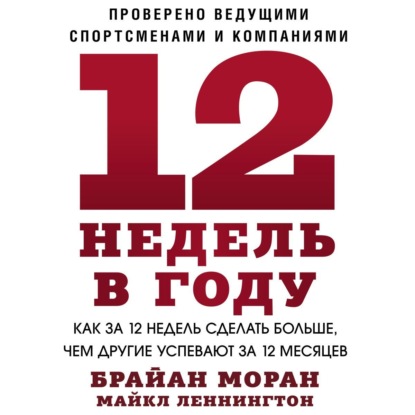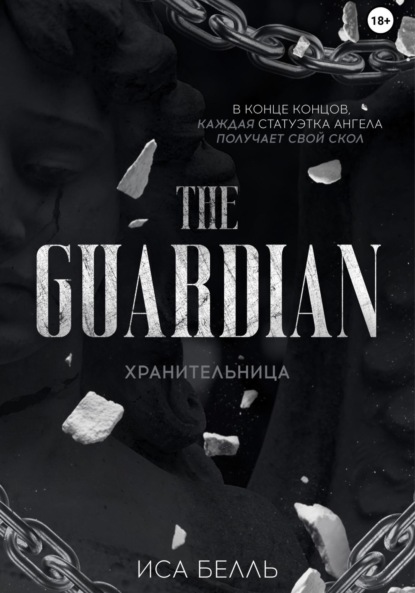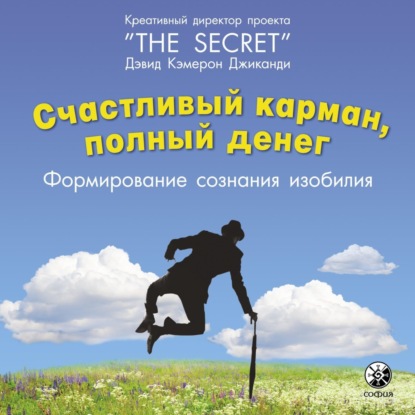Positive Peace is a scholarly and creative compilation of articles on peace education, nonviolence and social change. Arun Gandhi (grandson of Mahatma Gandhi) sets the scene in his introduction with the challenge that positive peace is both a resisting of the physical violence of war and the passive violence of the psychological structures that lead to conflict. Peace education rises to meet that challenge. In twelve chapters, philosophers and educators look at a variety of topics from Gandhian nonviolence, to pragmatic conflict solving; hope and the ethics of belief, to the way we use violent language; mothering and peace activism, to multiculturalism and peace. Recurring themes are: pragmatic nonviolence, the ethics of care as an antidote to violence, and hope in a violent world. Chapters on the use of film in peace education, song and nonviolent activism, and teaching art history and peace, demonstrate pragmatic possibilities for would-be peace educators. Arun Gandhi in his introduction asks, "For generations human beings have strived to attain peace, but with little or no success. ... Why is peace so illusive? Is it unattainable? Are humans incapable of living in peace?" This book suggests that peace education has a large part to play. It is an important attempt to begin to meet the challenge. Это и многое другое вы найдете в книге Positive Peace
Positive Peace (книга)
Подробная информация о книге «Positive Peace ». Сайт не предоставляет возможности читать онлайн или скачать бесплатно книгу «Positive Peace »

